
Radar | Nov 19,2022
Hibret Bank, which changed its name last year from United, performed well during the past fiscal year, registering 893.9 million Br in net profit, an 18.8pc growth from the previous year. Yet its earnings per share (EPS) slumped by almost 10 Br to 29.8 Br.
The reduction was likely due to the injection of massive fresh capital. Its paid-up capital during the reporting period expanded massively by 40.7pc to 3.2 billion Br.
Abdulmenan Mohammed, a financial statement analyst with close to two decades of experience, comments that the Bank needs to have a capitalisation policy that maximises the returns of shareholders.
Despite the slump in EPS, Hibret performed positively in the area of financial intermediation, boosting its net profit, capital and assets.
The reporting period was critical and historic for Hibret in more ways than one, according to Zafu Eyessuswork, board chairperson of Hibret Bank, which was established in September 1998.
"Notwithstanding the challenges in both the global and domestic environments," said Zafu, "Hibret made a bold and transformational move that includes the launching of a new brand to both enhance its visibility and express its brand promise of 'building tomorrow together.'"
During the year, an in-house team from Hibret upgraded the core banking system. It restructured its branches under the city and five regional district offices and registered growth in its retail business, according to the board chairperson.
Several factors contributed to the improved profit performance. Its interest on loans, advances and National Bank of Ethiopia (NBE) bonds rose by 34.3pc to 4.2 billion Br.
The management of Hibret should be appreciated for this improved performance, remarked Abdulmenan.
Commissions and service charges increased by 21pc to 633.1 million Br, whereas gains on foreign exchange dealings dropped to zero from the 17.4 million Br gain registered the previous year. During the reporting period, a reduction in gains from foreign exchange dealings has been observed at many banks.
This must have been due to volatile international trade, and Hibret needs to work very hard to improve its performance in this area, according to Abdulmenan.
The year was marked by various internal and external challenges that had significant impacts on the Bank's performance, according to Melaku Kebede, who was appointed president of Hibret a year ago.
"Last year was a unique one," said Melaku.
Melaku mentioned the global outbreak of the pandemic, as well as the severe liquidity crunch and recurrent unrest in the country, as the major challenges the Bank faced over the last fiscal year.
Hibret lost 50 million Br during the year following its measures in waiving interest rates on loans and advances to its borrowers and an additional 32 million Br for waiving Letters of Credit (LC) extension commission payments. The Bank also donated five million Birr to the government to support efforts in fighting the Novel Coronavirus (COVID-19) pandemic.
An expansion of expenses accompanied the increased income. Interest on savings rose by 25.2pc to 1.8 billion Br, salaries and benefits increased by 17.8pc to one billion Birr, and general administrative expenses soared by 75.6pc to 842.8 million Br.
"The expansion of expenses at Hibret is concerning," said Abdulmenan, "so the management of the Bank needs to work hard to control costs."
During the reporting period, the Bank opened 71 new branches, pushing the total number up to 345. It operates with a total of 6,536 employees.
The number of branches Hibret opened last year has never before been seen in the its history, according to Melaku, who added the revamping of its structure by reorganising branches under the city and five regional district offices as another cause for the rise in expenses.
"We also brought customer relationship management officers on board," he said.
The balance sheet of Hibret expanded in a healthy direction. Its total assets increased by 20.3pc to 43 billion Br. Loans and advances increased by 7.7pc to 23.3 billion Br.
The growth of loans and advances at Hibret is very modest, which needs a strategy to expand it, according to Abdulmenan.
"Considering the economic and banking situations in the country during the past fiscal year," said Melaku, "the Bank has performed well in loans and advances."
The total deposits mobilised by the Bank increased by 33.9pc to 34.8 billion Br. The loan-to-deposit ratio of Hibret decreased to 78.5pc from 83.4pc due to the expansion of deposits being unmatched by the growth of loans and advances.
Hibret invested 6.4 billion Br in five-year NBE bonds. These investments account for 14.8pc of the total assets and 18.3pc of the total deposits of the Bank.
Last year, as a major policy change, the central bank repealed the mandatory NBE bill that required banks to surrender 27pc of their gross loans and advances to the central bank. Having a maturity period of five years, the bill was aimed at mobilising funding for the Development Bank of Ethiopia (DBE) to finance priority areas.
Liquidity analysis shows that the liquidity level of Hibret has improved. Cash and cash equivalents increased by 38.9pc to 5.3 billion Br. The ratio of cash and cash equivalents to total assets increased to 12.4pc from 10.7pc, and cash and cash equivalents to total deposits also rose to 15.3pc from 14.8pc.
Hibret has a capital adequacy ratio of 20.4pc. This shows that Hibret is a well-capitalised bank, according to the expert.
Meskerem Kone, one of the 5,600 shareholders of the Bank, is quite satisfied with the overall performance of the Bank, saying its profit, assets and properties are growing year-on-year.
Meskerem and her family joined the Bank as shareholders through their father, who bought new shares with the dividends he received annually. Four years ago, the family, including Meskerem, fully joined the Bank, inheriting their father's shares.
"However, I'm disappointed with the dividend, which isn't growing in parallel with the profit," Meskerem, who received a 20.5pc return, said. "It's even lower than what we'd been getting previously. The return has never gone above 22pc."
Melaku says the return could have reached as high as 31pc in the past fiscal year if the Bank had not invested in its headquarters and boosted its paid-up capital by almost one billion Birr.
"The Bank's asset size has also grown significantly," said Melaku, "and we're now one of the strongest banks; and we explained this well to our shareholders."
PUBLISHED ON
Dec 19,2020 [ VOL
21 , NO
1077]

Radar | Nov 19,2022
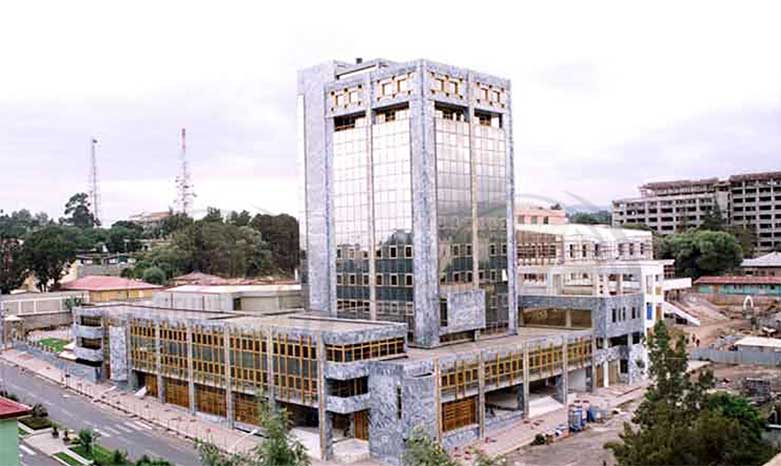
Fortune News | Oct 19,2019

Fortune News | Mar 09,2024
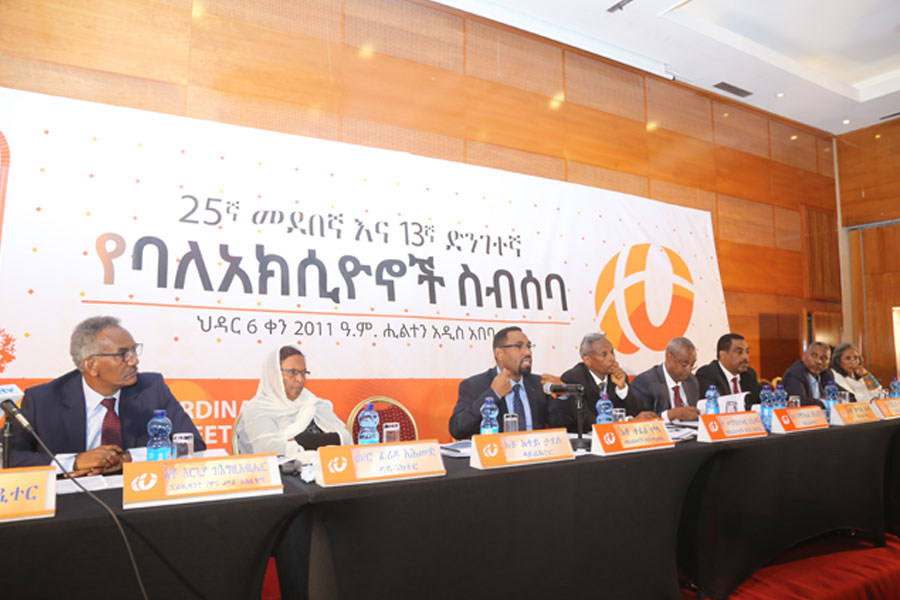
Fortune News | Dec 10,2018
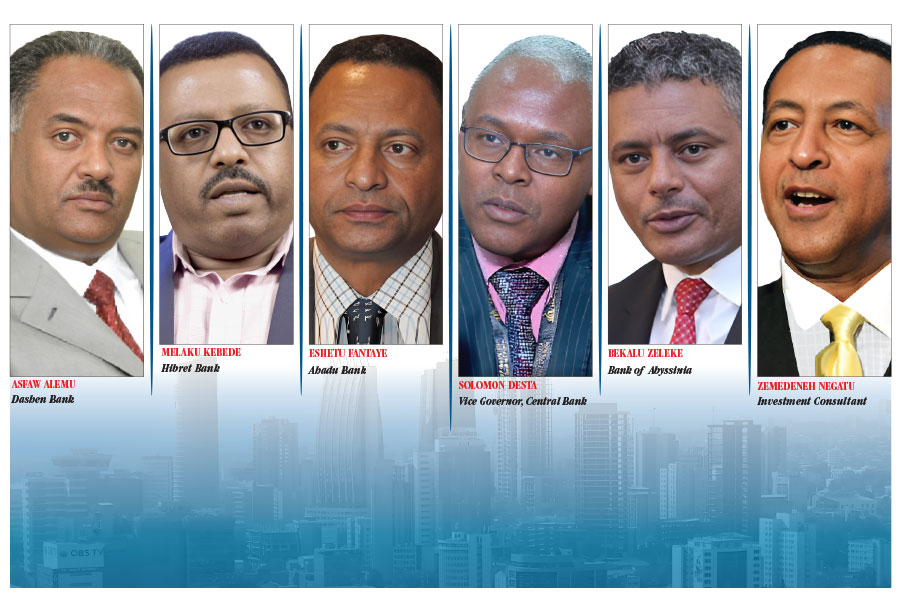
Fortune News | Nov 26,2022
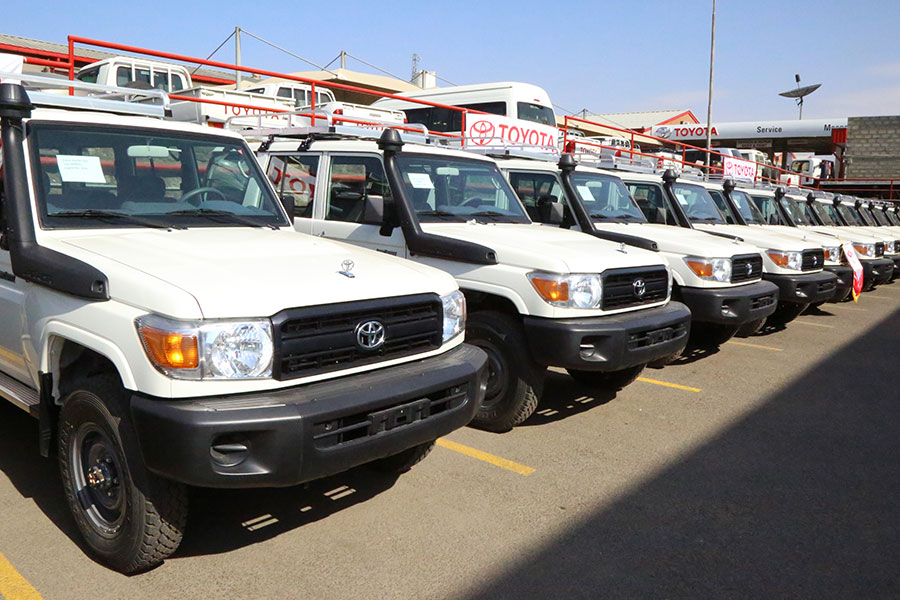
Fortune News | Feb 09,2019
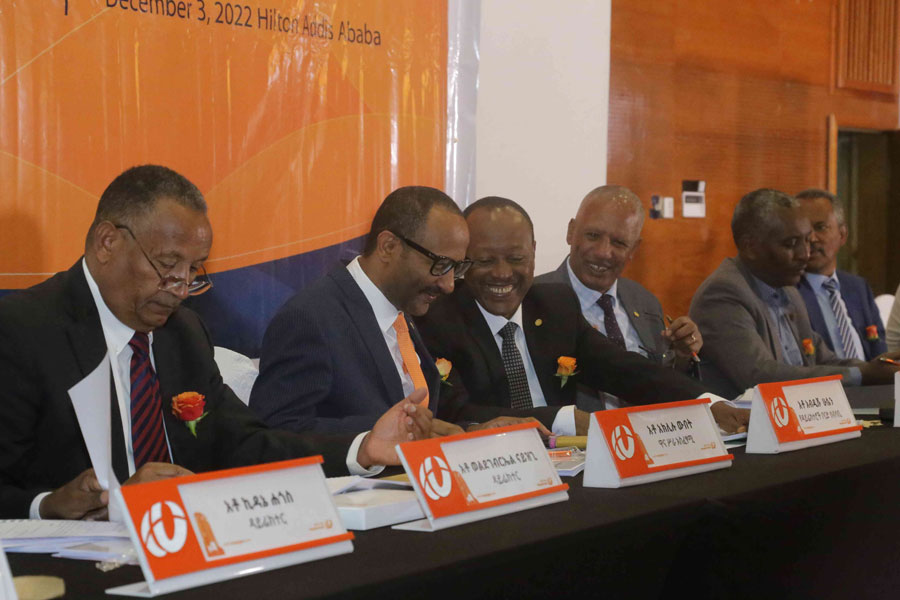
Fortune News | Jan 28,2023

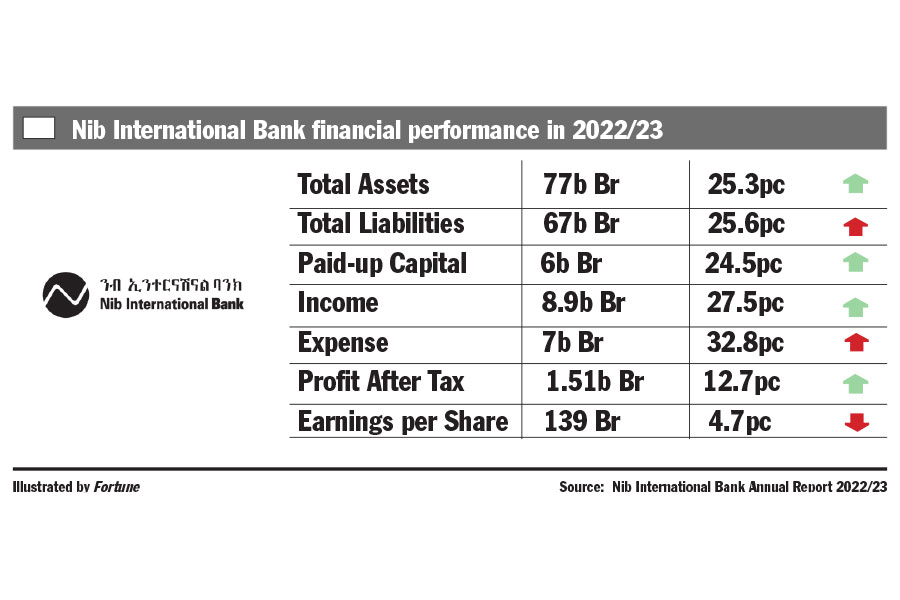
News Analysis | Feb 10,2024

Radar | Jul 29,2023

Dec 22 , 2024 . By TIZITA SHEWAFERAW
Charged with transforming colossal state-owned enterprises into modern and competitiv...

Aug 18 , 2024 . By AKSAH ITALO
Although predictable Yonas Zerihun's job in the ride-hailing service is not immune to...

Jul 28 , 2024 . By TIZITA SHEWAFERAW
Unhabitual, perhaps too many, Samuel Gebreyohannes, 38, used to occasionally enjoy a couple of beers at breakfast. However, he recently swit...

Jul 13 , 2024 . By AKSAH ITALO
Investors who rely on tractors, trucks, and field vehicles for commuting, transporting commodities, and f...

Jun 28 , 2025
Meseret Damtie, the assertive auditor general, has never been shy about naming names...

Jun 21 , 2025
A well-worn adage says, “Budget is not destiny, but it is direction.” Examining t...

Jun 14 , 2025
Yet again, the Horn of Africa is bracing for trouble. A region already frayed by wars...

Jun 7 , 2025
Few promises shine brighter in Addis Abeba than the pledge of a roof for every family...